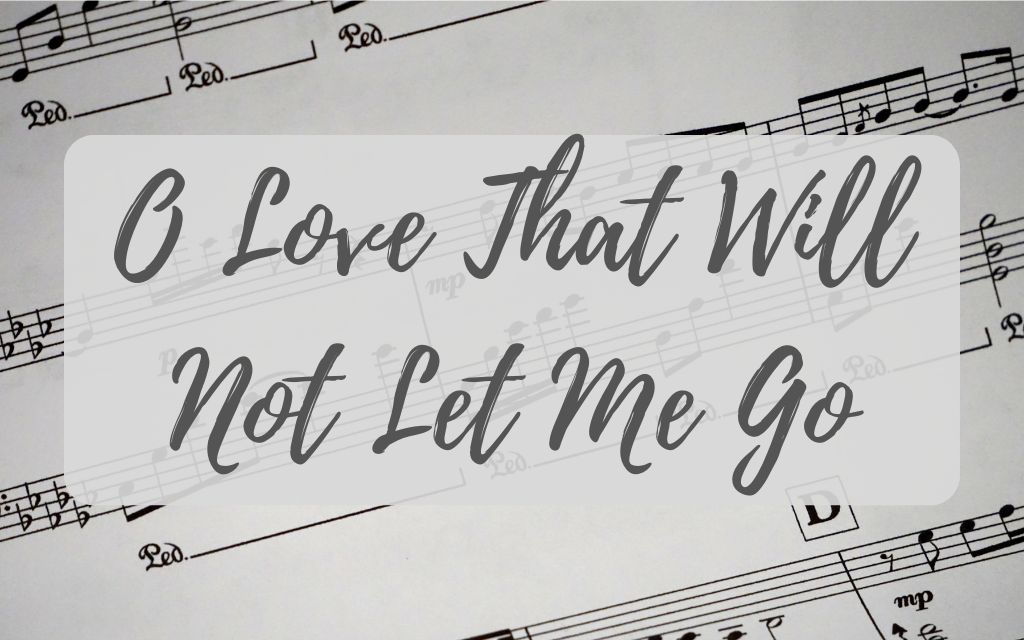If you have been following this blog for a while, you should know my love for books. I am passionate about reading, and I am immensely grateful to God for living in an era with an abundance of books. But this abundance creates an issue: too many books, too little time.
According to recent statistics, the publishing industry produces between five hundred and 1 million books annually. So even if I could spend my days lost in a good book—as I often dream—I would never read them all.
Therefore, it has become crucial for me to be wise about the books I choose to read. I have limited time and want to spend it on the best books available. Over the past four years, I have established five principles for choosing Christian books worth my time. These principles have helped me filter out questionable books and devote my time to exceptional, life-changing reads.
I share them with you to help you handpick good books so that you may read more and better to the glory of God.
1. Prioritize old books
When it comes to literature, new doesn’t necessarily mean better. While there is value in reading new books, it is wise to emphasize old books that are rich in sound doctrine and have stood the test of time. These books have been vetted by believers throughout the ages and have proven themselves worthy investments. On the other hand, new books are still on trial, and the majority will go out of style and print.
C.S. Lewis gives helpful guidelines for reading old books. He said, “It is a good rule, after reading a new book, never to allow yourself another new one till you have read an old one in between. If that is too much for you, you should at least read one old one to every three new ones.”
You can find old books wherever books are sold. I particularly recommend Banner of Truth and Reformation Heritage Books, as they publish and lightly edit old books to make them more accessible for modern readers.
For old books, I recommend works from authors like the Church Fathers (Augustine, Irenaeus, Athanasius, etc.), the Reformers (John Calvin, Martin Luther, John Knox, etc.), The Puritans (John Owen, Thomas Watson, John Bunyan, Thomas Brooks, etc.), and others (Charles Spurgeon, Jonathan Edwards, Martyn Lloyd, J.C. Ryle, etc.). If you are into e-books, Monergism has hundreds of old books available for free download!
2. Get books by authors who read old books
No man is an island. All authors are influenced by other writers to a certain degree. Therefore, consider books by authors who lean not only on the apostle’s teachings but also on the writings of sound theologians who have gone before them.
To gain insights on who influenced an author or a book you want to read, check the endnotes, list of references, or works cited section. You can also check the author’s website, blog, or social media accounts to get a sense of their theological background.
I also like to get books that reference or are endorsed by contemporary doctrinally sound authors like John MacArthur, R. C. Sproul, Sinclair Ferguson, John Piper, Kevin DeYoung, Tim Challies, Voddie Baucham, J.I. Packer, Jerry Bridges, Donald Whitney, Elisabeth Elliot, Dustin Benge, Nate Pickowicz, Steven Lawson, Michael Reeves, and James White.
3) Buy books from reliable publishers
When I’m interested in a book, I always check who published it. I am more likely to read a book by publishers that consistently publish doctrinally sound books than those who have published questionable or heretical books in the past. The more Christian books you read, the more familiar you will get with various Christian publishers and discern the trustworthy ones from the ones that require caution.
You can also get familiar with different Christian publishers by visiting their websites and looking at their catalogs, authors, and statements of faith.
Below is a non-exhaustive list of reputable Christian publishers to get started. I may not agree with every theological position of their authors, but to the best of my knowledge, they don’t produce books outside the bounds of biblical orthodoxy. My most trusted publishers are the first three.
Banner of Truth, Reformed Heritage Books, Crossway Books, P&R Publishing, The Founder’s Press, Cruciform Press, Reformation Trust, The Good Book Company, Crown and Covenant, Lexham Press, Hesed and Emmet, Evangelical Press, Moody Publishers, Christian Focus.
4) Consider books recommended by trusted book reviewers
There are Christians out there who not only read lots of books annually but also provide insightful book reviews. These reviews help readers know what a book is about, its strengths, weaknesses, faithfulness to Scripture, and recommended audience. You can read book reviews on sites like Amazon and Goodreads, but since people from various theological backgrounds and spiritual maturity leave reviews, it’s best not to place too much importance on them.
Instead, find a handful of avid, discerning readers with sound doctrine and consider their recommendations.
You want avid readers because they read many books and can recommend the best books on a subject; discerning readers because they can tell the difference between right and almost right; and doctrinally sound readers because if they have heretical beliefs, they might recommend heretical books.
When seeking trusted reviewers, consider friends, family, or the elders at your church. I also recommend finding bloggers who publish book reviewers online, such as Tim Challies, my favorite. Challies is an avid, discerning, and doctrinally sound reader who has written over 1000 book reviews on various subjects. His reviews and recommendations blessed me immensely when I started reading Christian books four years ago.
5) Avoid books with the author’s face on the cover
Before learning biblical discernment, I read a few books that were not biblical. Besides their poor theology, one thing I noticed about these books is the similarity of their covers. Most of them featured the author’s face on the book cover. So, I have learned to stay clear from books with the author’s face on the cover unless it is a biography or memoir.
I recommend you do the same, as these books are usually more about the author and worldly wisdom than God and Scripture.
Tim Challies noticed the same thing and remarked, “It has long been my observation that when the face of the author is on the book’s cover, more often than not, the book’s pages offer lots of the author and little Scripture.”
It is not the reading of many books which is necessary to make a man wise or good, but the well-reading of a few, could he be sure to have the best.
Richard Baxter
These five principles are not 100% foolproof. However, adhering to their guidance helped me distinguish unbiblical books from doctrinally sound ones and excellent books from merely satisfactory ones. And I hope they can also aid you in choosing books valuable to your journey towards holiness.








Much appreciated!